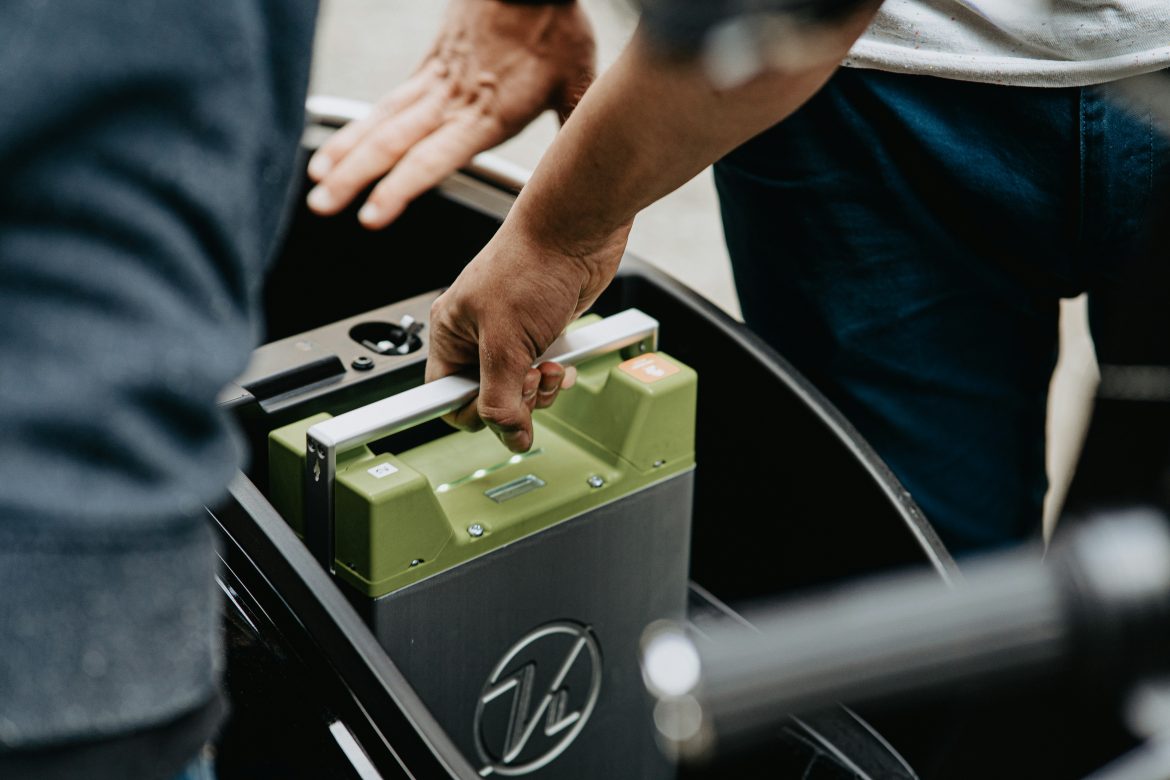Regulators in North Carolina have approved a state mining permit for Tesla supplier Piedmont Lithium to allow it to develop one of the largest US sources of the key electric vehicle battery metal, Piedmont. The approval from the North Carolina Department of Environmental Quality, which is conditional on the company posting a USD 1 million reclamation bond, removes a major hurdle to Piedmont’s plans to tap a large lithium deposit just outside Charlotte.
Shares in the company, which first applied for the permit in August 2021, rose 20% in pre-market trading. The go-ahead for the 500-foot-deep mine comes despite widespread opposition from neighbours worried about water, noise pollution and other potential problems.
The years-long opposition to the project, which would become one of the few lithium-producing sites in the US, illustrates broader tension in the country. This has been due to resistance to living near a mine, versus the potential of EVs to mitigate climate change.
However, Piedmont still needs to obtain local regulatory approval and financing. It has applied for US Department of Energy loans via a program through which rivals and Lithium Americas have already obtained financing. “We plan to develop Carolina Lithium as one of the lowest-cost, most sustainable lithium hydroxide operations in the world,” Piedmont CEO Keith Phillips told Reuters.
Last year, Piedmont entered a deal with Tesla to supply spodumene concentrate, which is a key raw material for making batteries, to the auto giant through 2025, with an option to renew it for another three years.
The North Carolina state review process involved submission of thousands of pages of documents, multiple requests for additional information, and at least three deadline extensions for Piedmont. Additionally, the company was required to conduct regular water quality and water table levels tests. It was also required to line a waste storage pit with a synthetic liner, a departure from the typical requirement for an earthen liner.
As per analysts, Piedmont may also face challenges with financing amid low lithium prices. Brokerage TD Cowen told Reuters, “Finding external capital for a new lithium project could prove difficult at current lithium prices, though it will help that Carolina Lithium is very low on the cost curve.”



